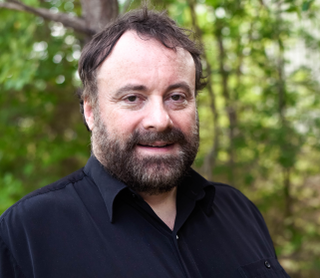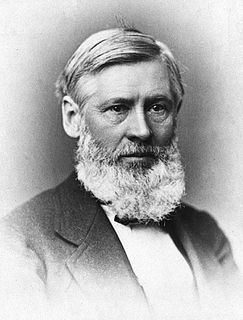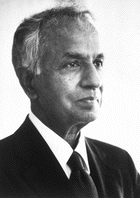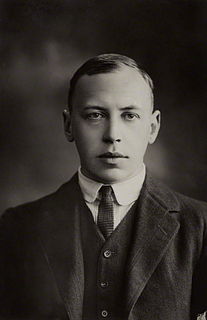A Quote by Paul Feyerabend
It is often assumed that science starts from facts and eschews counter-factual theories. Nothing could be further from the truth. What is one of the basic assumptions of the scientific world-view? That the variety of events that surrounds us is held together by a deeper unity.
Related Quotes
When Coleridge tried to define beauty, he returned always to one deep thought; beauty, he said, is unity in variety! Science is nothing else than the search to discover unity in the wild variety of nature,-or, more exactly, in the variety of our experience. Poetry, painting, the arts are the same search, in Coleridge's phrase, for unity in variety.
...I think the popular view of Science is a solid body of truth, shared by a whole lot of learned men in a room, all agreeing on the answers to the questions of how the Universe works. Whereas nothing could be further from the truth!!! The one truth that I see emerging from the History of Science is that experiment has always surprised theorists. Einstein included!
The purpose of scientific method is to select a single truth from among many hypothetical truths. That, more than anything else, is what science is all about. But historically science has done exactly the opposite. Through multiplication upon multiplication of facts, information, theories and hypotheses, it is science itself that is leading mankind from single absolute truths to multiple indeterminate, relative ones.
Science is uncertain. Theories are subject to revision; observations are open to a variety of interpretations, and scientists quarrel amongst themselves. This is disillusioning for those untrained in the scientific method, who thus turn to the rigid certainty of the Bible instead. There is something comfortable about a view that allows for no deviation and that spares you the painful necessity of having to think.
Facts and theories are different things, not rungs in a hierarchy of increasing certainty. Facts are the world's data. Theories are structures of ideas that explain and interpret facts. Facts do not go away while scientists debate rival theories for explaining them. Einstein's theory of gravitation replaced Newton's, but apples did not suspend themselves in mid-air pending the outcome.
Scientific theories need reconstruction every now and then. If they didn't need reconstruction they would be facts, not theories. The more facts we know, the less radical become the changes in our theories. Hence they are becoming more and more constant. But take the theory of gravitation; it has not been changed in four hundred years.
Macroscopic objects, as we see them all around us, are governed by a variety of forces, derived from a variety of approximations to a variety of physical theories. In contrast, the only elements in the construction of black holes are our basic concepts of space and time. They are, thus, almost by definition, the most perfect macroscopic objects there are in the universe.
Progress is achieved by exchanging our theories for new ones which go further than the old, until we find one based on a larger number of facts. ... Theories are only hypotheses, verified by more or less numerous facts. Those verified by the most facts are the best, but even then they are never final, never to be absolutely believed.
The story of scientific discovery has its own epic unity-a unity of purpose and endeavour-the single torch passing from hand to hand through the centuries; and the great moments of science when, after long labour, the pioneers saw their accumulated facts falling into a significant order-sometimes in the form of a law that revolutionised the whole world of thought-have an intense human interest, and belong essentially to the creative imagination of poetry.









































